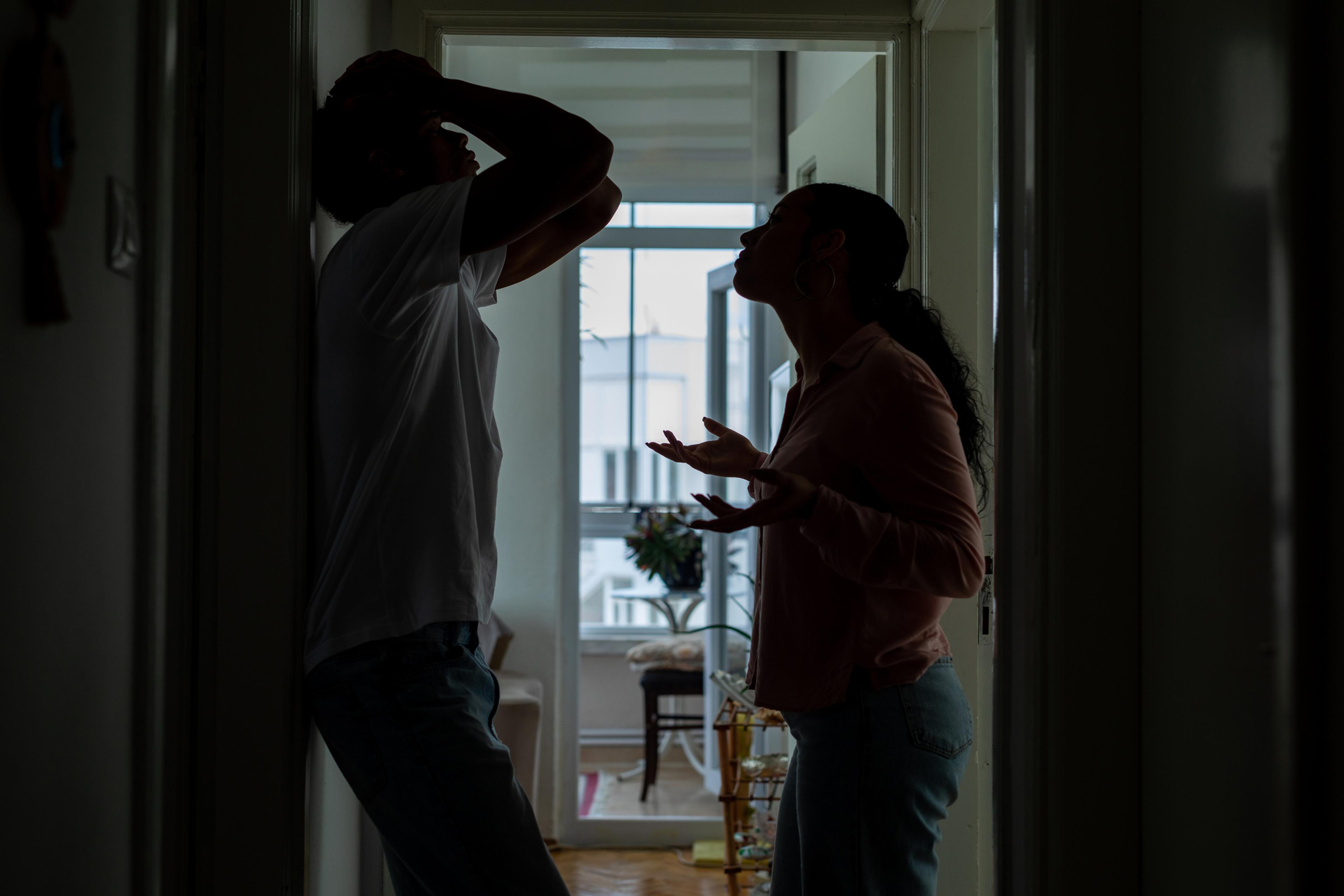
“Mental health” and “mental illness,” are not the same, even though the terms are sometimes used interchangeably.
We all have a mental health state that encompasses our emotional, psychological, and social well-being. The state of our mental health – whether good or bad – can have a profound impact on our happiness and the way we handle stress, interact with others, solve problems, and carry ourselves in general. That “good or bad” distinction is an important one to make because often, when people interchange the two terms, it’s because “mental health” has a negative connotation in their mind. Mental health is a neutral term. Mental illness, on the other hand, is a diagnosed condition that not everyone has. There are many different mental illnesses with different symptoms that affect those who have them in different ways.
Think of it this way: we sometimes feel ill physically, but that doesn’t mean we are always dealing with a physical illness. Mentally, we sometimes feel down, but that certainly doesn’t mean we all have a mental illness. Here is a continued breakdown of the two terms.
Why is good mental health important?
Good mental health is essential to a good overall quality of life. Society has often placed more of a premium on physical health than mental health, but both are necessary for a well-rounded health profile, because they are correlated.
According to the U.S. Centers for Disease Control and Prevention (CDC), depression increases a person’s risk for physical health problems, including long-lasting conditions like cancer, stroke, diabetes and heart disease. We all experience temporary feelings of sadness, but a person may be prone to depression when symptoms last longer than a couple of weeks. Depression is categorized as a mental illness. Chronic conditions like those mentioned above can increase the risk for mental illness, according to the National Institute of Mental Health (NIMH).
How common is mental illness?
Mental illnesses are defined as health conditions that involve changes in emotion, thinking or behavior. It can also be a combination of those three. Mental illness is associated with distress and/or functioning in social, work or family environments.
Nearly one in five (19%) American adults experience some form of mental illness, according to the American Psychiatric Association (APA). Another one in 20 Americans has a serious mental illness, and one in six has a substance use disorder, per the APA.
What causes mental illness?
There is no one cause for mental illness. According to the CDC, multiple factors can contribute to risk for mental illness, such as:
- Adverse childhood experiences (this can include trauma or a history of abuse, assault, witnessing violence, etc.)
- Biological factors or chemical imbalances in the brain
- Experiences related to ongoing chronic medical conditions
- Feelings of loneliness or isolation
- Use of alcohol or drugs
Caring for your mental health
The term “self-care” is a relatively new addition to some vernaculars. The NIMH defines self-care as the act of “taking the time to do things that help you live well and improve both your physical health and mental health. When it comes to your mental health, self-care can help you manage stress, lower your risk of illness, and increase your energy. Even small acts of self-care in your daily life can have a big impact.”
These are self-care methods that can have a positive impact on your everyday mental health:
- Be positive: Challenge thoughts that are negative and unhelpful and spin them into positives.
- Eat a healthy diet and drink plenty of water: A balanced diet and steady hydration is key.
- Focus on social connections: Make it a habit to reach out to friends and family members, who can provide emotional support and practical help. Don’t be afraid to talk about life’s problems with the people you are closest with.
- Get regular exercise: Even 30 minutes of walking per day can improve your mood and overall health.
- Practice gratitude: The NIH states that it can be helpful to remind yourself of things you are grateful for every day, and to be specific. Write these things down at night or replay them in your mind.
- Prioritize sleep: Reduce screen and blue light exposure at least an hour before bedtime as you wind down. And stick to a schedule. Always aim for seven to eight hours of sleep per night.
Where to seek mental health help
Blue Cross Blue Shield of Michigan and Blue Care Network can help members find an in-network mental health professional by calling behavioral health access lines listed below:
PPO: Behavioral Health Access Line | 1-800-762-2382
A free and confidential resource that’s just a call away when you need immediate support. Behavioral health professionals answer, 24/7.
HMO: Behavioral Health Access Line | 1-800-482-5982
Connect with a behavioral health clinician if you need help finding a mental health or substance use provider.
Behavioral health clinicians are available for routine assistance from 8 a.m. to 5 p.m., Monday through Friday. For urgent concerns after hours, clinicians are also available 24 hours a day, seven days a week.
Here are additional community resources:
- Additional community resources are available, including:
- Suicide and Crisis Lifeline: 988
- Common Ground Resources and Crisis Helpline: 1-800-231-1127 (call or text)
- SAMHSA’s Disaster Distress Helpline:1-800-985-5990 or text “TalkWithUs” to 66746
- Michigan Crisis and Access Line Michigan Peer Warmline: 1-888-733-7753
- Mentalhealth.gov assists people with mental illness by providing resources to them and those who care about them. Resources include myths, facts and conversation starter tips.
Photo credit: Getty Images
Related:
- How to Prepare for a Mammogram
- How Chronic Stress Impacts Our Weight
- What Should I Eat During Physical Therapy?





